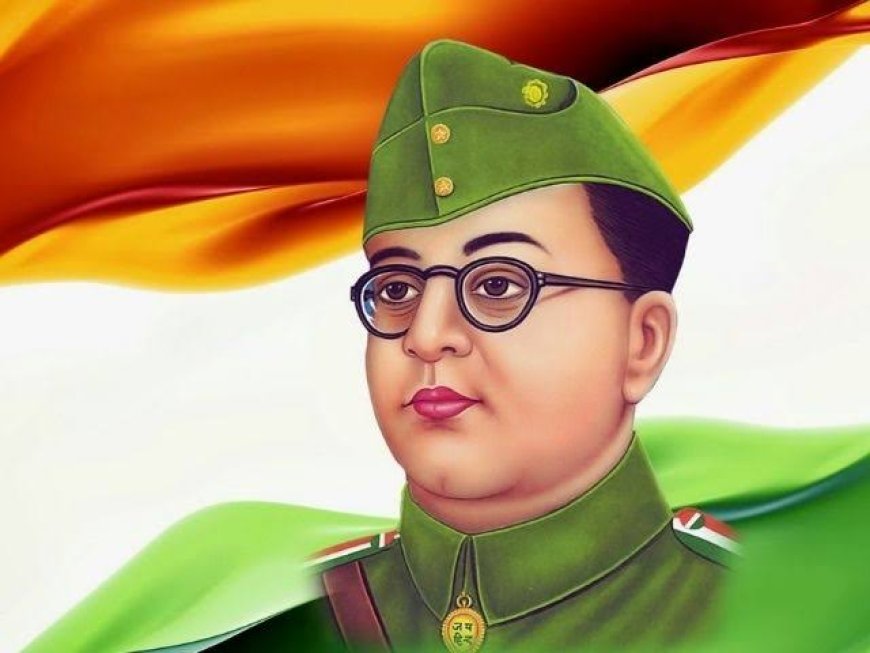Subhas Chandra Bose: The Revolutionary Leader of India’s Independence Movement
A Comprehensive Biography of Netaji’s Life, Struggles, and Controversial Legacy

Subhas Chandra Bose: A Biography of India's Revolutionary Leader
Subhas Chandra Bose was one of the most influential and charismatic leaders of India's struggle for independence from British colonial rule. He was born on January 23, 1897, in Cuttack, Orissa (now Odisha), to a wealthy and prominent Bengali family. He received an anglocentric education at prestigious institutions in India and England, and excelled in his studies. He passed the Indian Civil Service examination in 1920, but resigned his candidacy in 1921 after hearing of the nationalist upheavals in India.
Bose joined the Indian National Congress, the main political party fighting for India's freedom, and became a disciple of Chitta Ranjan Das, a Bengali politician and mentor of Jawaharlal Nehru. Bose rose to prominence in the Congress as a youth leader, journalist, and organizer of mass movements. He was arrested several times by the British authorities for his involvement in civil disobedience campaigns and revolutionary activities. He became the mayor of Calcutta in 1930, and the president of the Congress in 1938.
Bose was a radical nationalist who advocated complete independence from Britain, even if it meant using force or seeking foreign help. He clashed with Mahatma Gandhi, the leader of the Congress, who favored non-violent resistance and constitutional methods. Bose also differed with Nehru, who wanted a secular and socialist India, while Bose envisioned a Hindu-oriented and fascist state. Bose resigned from the Congress presidency in 1939 after losing a vote on the party's policies.
Bose escaped from house arrest in Calcutta in 1941 and reached Germany via Afghanistan. There he met Adolf Hitler and other Nazi leaders, and sought their support for India's liberation. He broadcast radio messages to India, urging his countrymen to join him in his fight against the British. He also formed the Indian Legion, a military unit composed of Indian prisoners of war and volunteers, which fought alongside the German army.
In 1943, Bose left Germany for Japan, where he established the Indian National Army (INA), a force of Indian soldiers and civilians who had been captured or recruited in Southeast Asia. He also formed the Provisional Government of Free India (Azad Hind) in Singapore, which was recognized by Japan and its allies. He launched a military campaign against the British forces in India from Burma, with the slogan "Give me blood and I will give you freedom". He hoped to create a popular uprising in India with the help of the INA and the Japanese army.
However, Bose's plans were thwarted by the reverses suffered by Japan in World War II. The INA was defeated by the British army at Imphal and Kohima in 1944, and forced to retreat. Bose himself was reported to have died in a plane crash near Taipei on August 18, 1945, while trying to escape to Soviet Russia. His death remains a mystery, as some believe that he survived and lived incognito for many years.
Bose's legacy is controversial and contested in India. He is revered by many as a patriot and a martyr who sacrificed his life for India's freedom. He is also criticized by some as a collaborator with fascist regimes that committed atrocities against humanity. His role in India's independence movement is debated by historians and politicians, as some credit him with weakening the British empire, while others argue that he had little impact on the outcome. His followers still regard him as Netaji (Respected Leader), a title that he earned from his admirers in Germany and Japan.





















































